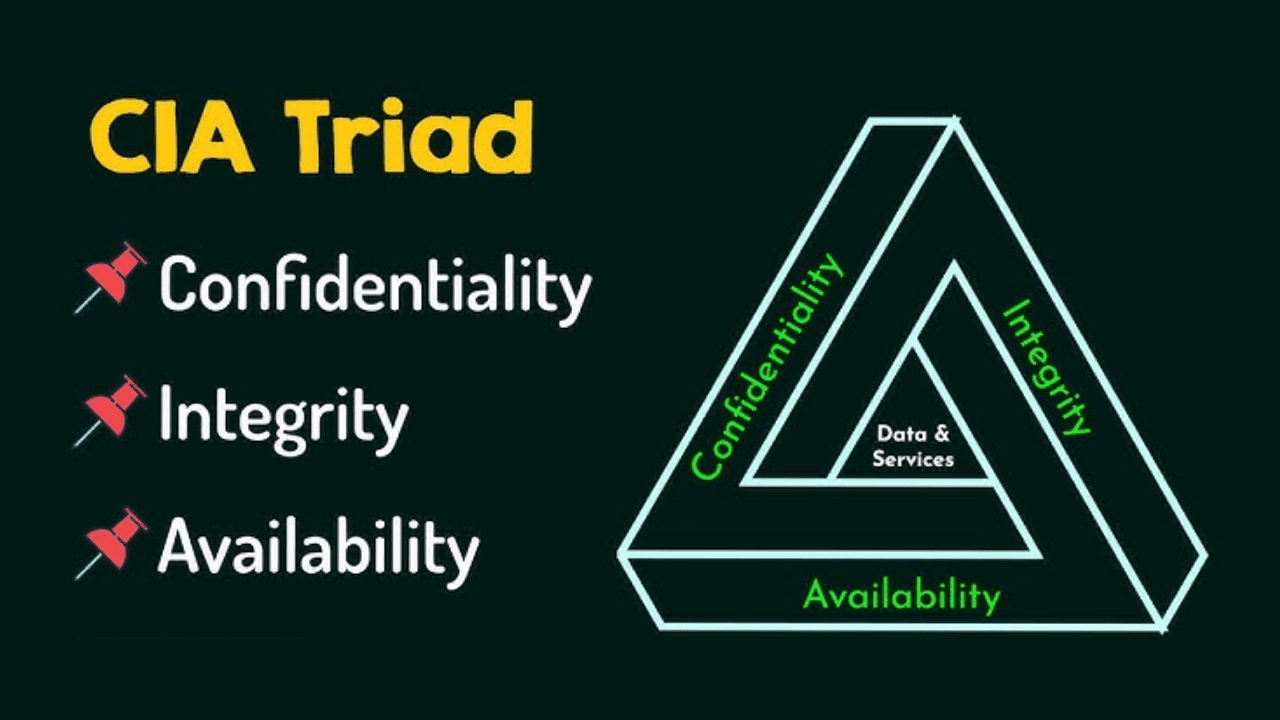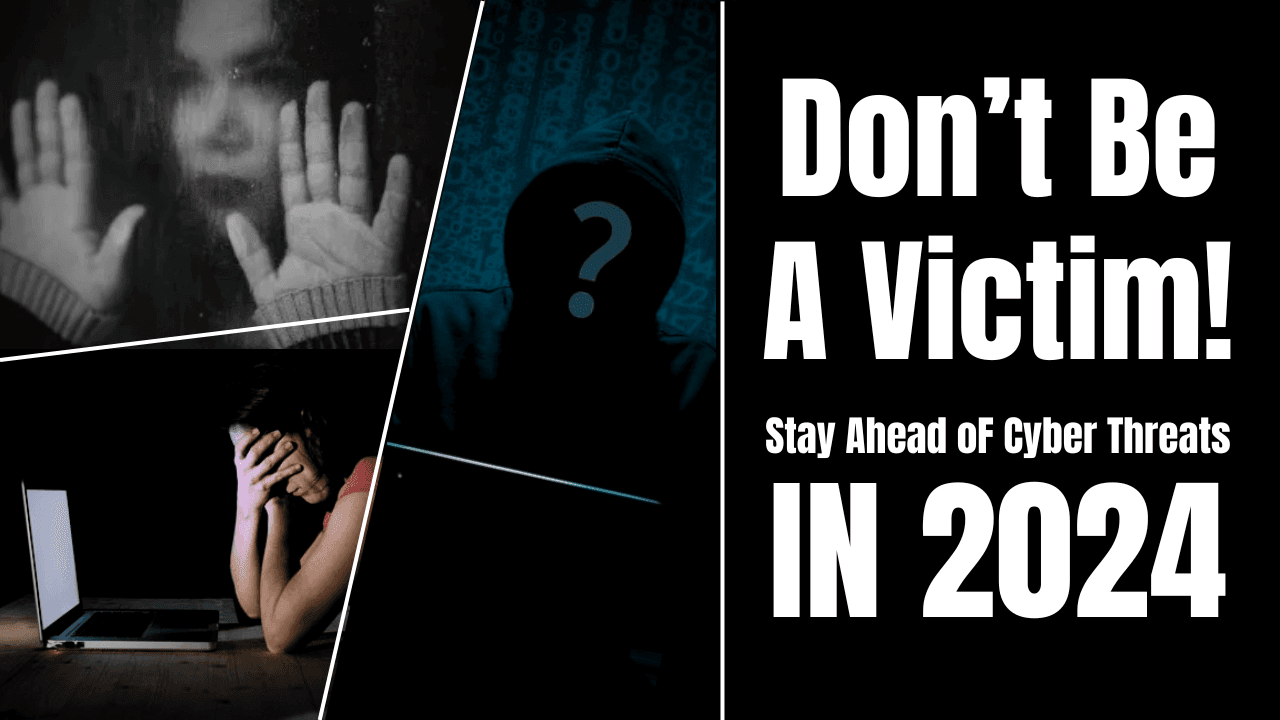In today’s interconnected world, almost everything we do involves the internet—whether it’s shopping, banking, socializing, or working remotely. But with this growing dependence on the digital world comes a big challenge: staying safe online. This is where cybersecurity steps in.
In simple terms, cybersecurity is the practice of protecting computers, servers, mobile devices, networks, and data from malicious attacks. It’s like having a security system for your house, but in the digital world. Just like you wouldn’t leave your front door unlocked, you shouldn’t leave your digital life unprotected either.
What is Cybersecurity?
Cybersecurity encompasses a range of practices and tools designed to protect your digital assets everything from your email and bank account details to a company’s entire infrastructure. Its main goal is to safeguard data, networks, and systems from unauthorized access, damage, or theft. Whether it’s a personal laptop or a massive corporate network, cybersecurity measures ensure that sensitive information stays safe and that hackers can’t gain access to cause harm.
The Three Pillars of Cybersecurity:
Cybersecurity is built on three key principles, often referred to as the CIA triad:

Confidentiality
Protecting Sensitive Information: Confidentiality ensures that sensitive data (such as personal, financial, or proprietary information) is accessible only to authorized individuals or systems.
Preventing Unauthorized Access: By implementing measures like encryption, authentication, and access controls, confidentiality prevents unauthorized users from viewing or retrieving protected information.
Maintaining Trust and Privacy: Confidentiality is crucial for maintaining user trust and privacy, as it safeguards against data breaches that could expose private or confidential information.
Integrity
Ensuring Data Accuracy: Integrity means keeping data accurate, consistent, and unaltered during storage, transmission, and processing, protecting it from unauthorized modifications.
Preventing Tampering and Corruption: Measures like checksums, hash functions, and digital signatures are used to detect and prevent any unauthorized changes, tampering, or corruption of data.
Building Trust and Reliability: Integrity ensures that data is trustworthy and reliable, which is critical for decision-making processes, especially in financial, healthcare, and legal sectors where accurate information is essential.
Availability
Ensuring Access When Needed: Availability ensures that systems, applications, and data are accessible to authorized users whenever needed, supporting uninterrupted operations.
Preventing Downtime: Measures like redundant systems, backups, and disaster recovery plans help protect against downtime caused by hardware failures, cyberattacks, or natural disasters.
Safeguarding Against Attacks: Availability is maintained by protecting against threats like Distributed Denial of Service (DDoS) attacks, which can overload systems and make resources inaccessible to legitimate users.
Imagine a bank vault. Confidentiality ensures that only authorized people have the key, integrity means the money inside isn’t tampered with, and availability ensures the vault is open when it’s supposed to be. In the world of cybersecurity, your data is the money in that vault.
Why Does Cybersecurity Matter in 2024?
Now more than ever, we rely on technology to handle almost every aspect of our lives. From online banking to smart homes, and from telemedicine to social media, our personal and professional data is constantly flowing across the internet. And unfortunately, this makes us a target for cybercriminals who want to steal sensitive information or cause harm.
Here are a few reasons why cybersecurity is essential in today’s world:
– Protecting Personal Data
Your personal data is extremely valuable. It includes things like your bank details, medical records, passwords, and even your social media activity. If this data falls into the wrong hands, it can lead to identity theft, financial loss, or even blackmail. Cybersecurity measures, such as using strong passwords, enabling two-factor authentication (2FA), and being mindful of phishing scams, help protect this personal data.
– Safeguarding Businesses
For businesses, cybersecurity is even more critical. Companies handle massive amounts of sensitive data, from customer details to intellectual property. A breach can result in significant financial loss, not to mention the damage to a company’s reputation. It’s not just the big corporations—small businesses are often targeted too, because they may have weaker security measures.
– Cyberattacks Are on the Rise
The rate of cyberattacks has been increasing every year. Major corporations, government agencies, and even healthcare institutions are becoming frequent targets. Hackers aren’t just interested in stealing data anymore—they’re using tactics like ransomware (where they lock you out of your systems until you pay a ransom) to make money quickly. These attacks can bring entire companies or institutions to a grinding halt.
– We Live in a Digital-First World
With more of our lives and jobs shifting online, cybersecurity is no longer an optional extra—it’s a necessity. The COVID-19 pandemic accelerated this shift, with millions of people now working remotely, increasing their exposure to cyber threats. As a result, both individuals and businesses must make cybersecurity a top priority.
– Protecting National Security
Cybersecurity isn’t just about individuals and businesses—it’s also critical for national security. Governments need to protect their systems from espionage, cyber warfare, and attacks that could cripple infrastructure. From power grids to election systems, the stakes are higher than ever before.
How to Protect Yourself in the Digital World
You don’t need to be a cybersecurity expert to protect yourself online, but there are a few basic steps everyone should take to stay safe:
Use Strong Passwords: Avoid using easily guessable passwords like “123456” or “password.” Instead, opt for a combination of letters, numbers, and symbols, and use different passwords for different accounts. Tools like password managers can help you keep track of them all.
Enable Two-Factor Authentication (2FA): This adds an extra layer of security. Even if someone gets your password, they’ll need the second factor (like a text message code) to access your account.
Be Cautious of Phishing Scams: Phishing is when attackers try to trick you into giving them sensitive information by pretending to be a legitimate organization (e.g., a bank). Always double-check the source of any email or message before clicking on links or providing information.
Keep Your Software Updated: Regular software updates are important because they often include patches for newly discovered security vulnerabilities. Make sure your operating system, apps, and antivirus software are always up to date.
Secure Your Wi-Fi Network: Change the default password on your home router and use a strong encryption method (like WPA3) to secure your Wi-Fi. This will prevent outsiders from accessing your network.
The Bottom Line: Cybersecurity is Everyone's Responsibility
Cybersecurity isn’t just the concern of tech geeks or big corporations—it’s something we all need to think about. Every time you browse the internet, shop online, or log into your bank account, you’re entering a potential danger zone. However, by taking a few simple precautions, you can significantly reduce your risk of falling victim to cyberattacks.
Whether you’re protecting your personal information, securing your business, or just trying to avoid falling into the trap of cybercriminals, cybersecurity is a must in 2024. The more you understand about the threats out there, the better prepared you’ll be to defend yourself.
So, what steps are you taking to protect yourself online? If you’re ready to learn more, stick around on hackthatshit.xyz. We’ve got plenty more cybersecurity tips and tricks coming your way!
